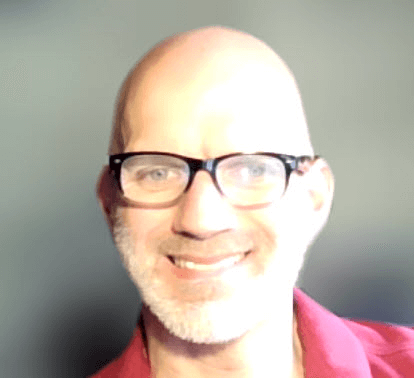On the occasion of 10th Global Accessibility Awareness Day, 20th May 2021, Raised Lines Foundation (RLF) in collaboration with ASSISTECH, IIT Delhi and Progressive Accessibility Solutions announced the launch of a unique training program on tools for making digital documents accessible. RLF has been working for the last three years, in collaboration with NCERT and other agencies, to make the STEM school content accessible through production of a range of tactile books in STEM subjects. To take this initiative forward we would now like to build capacity for making digital content accessible that can support visually impaired students wanting to pursue higher education in STEM disciplines..

Univ. of Birmingham (UK)
Progressive Accessibility Solutions

Alternative Media Supervisor
UC Berkeley

STEM Accessibility Consultant
krautzource UG
Convert and create accessible STEM content
Workflows to transform docx/tex/pdf into HTML/epub
Understand and evaluate accessibility requirements
Learn to improve the content and remove access barriers
Work with assistive technologies like screen readers
Familiarity with ASCII editors
Platform familiarity: Windows, Linux or Mac
Knowledge of HTML and CSS
Some knowledge of Javascript desirable